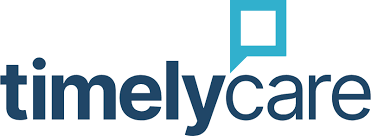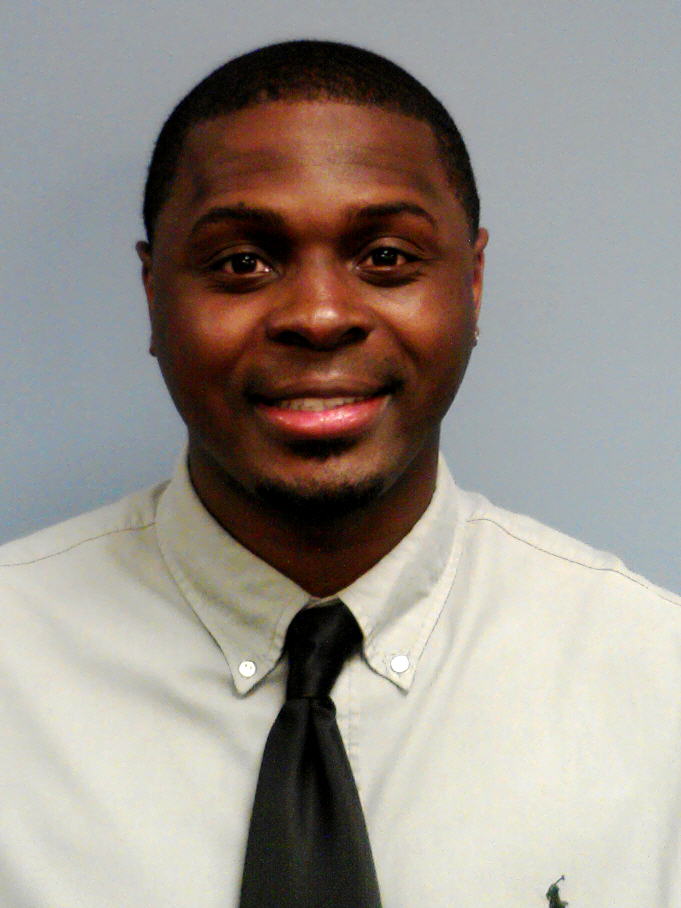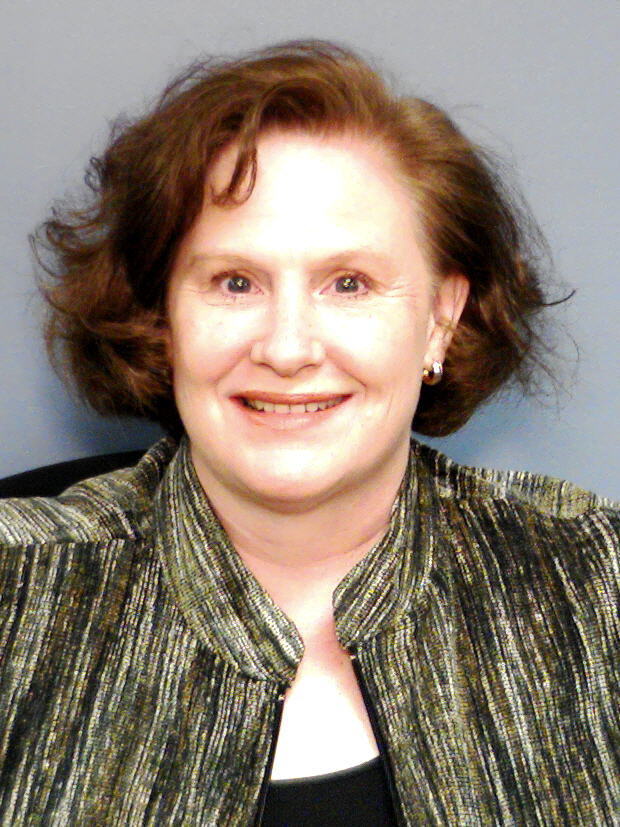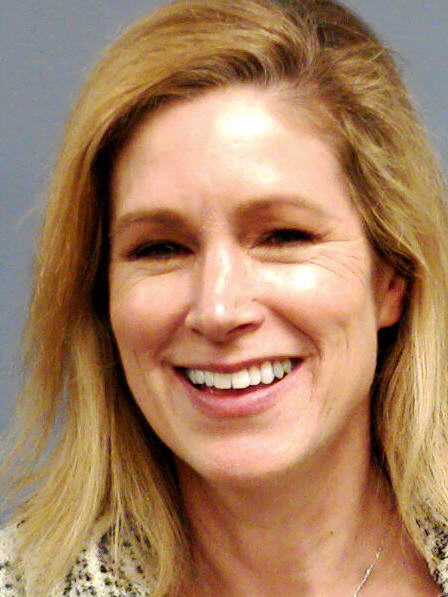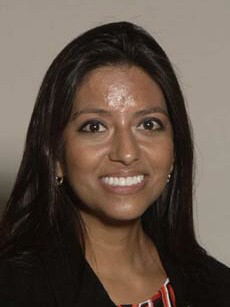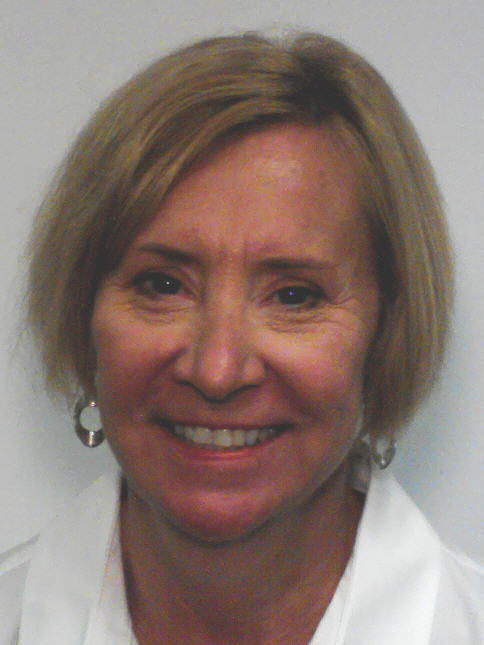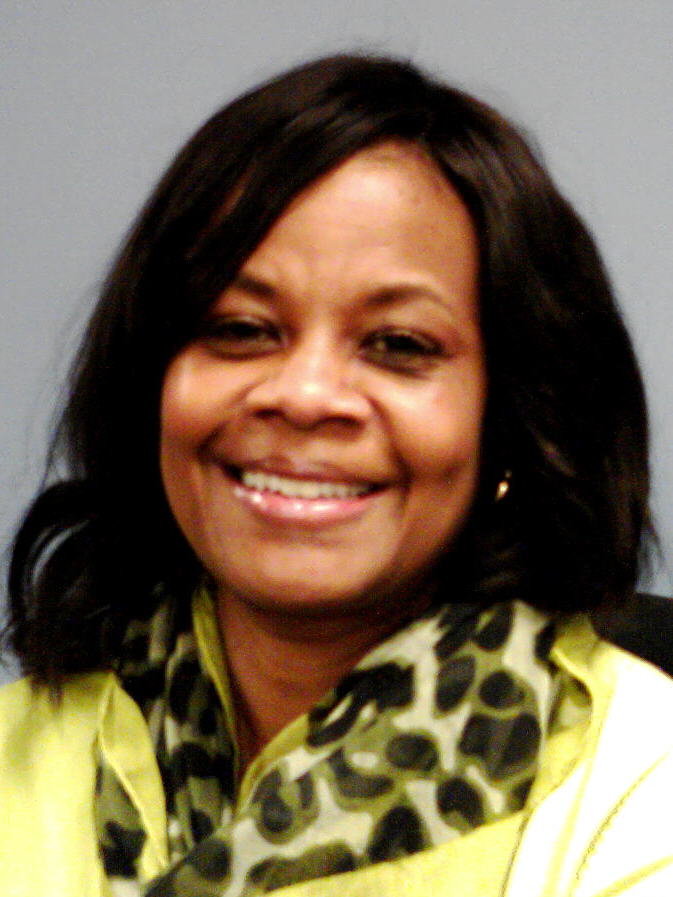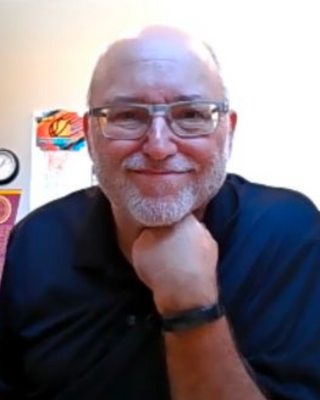Counseling & Advising

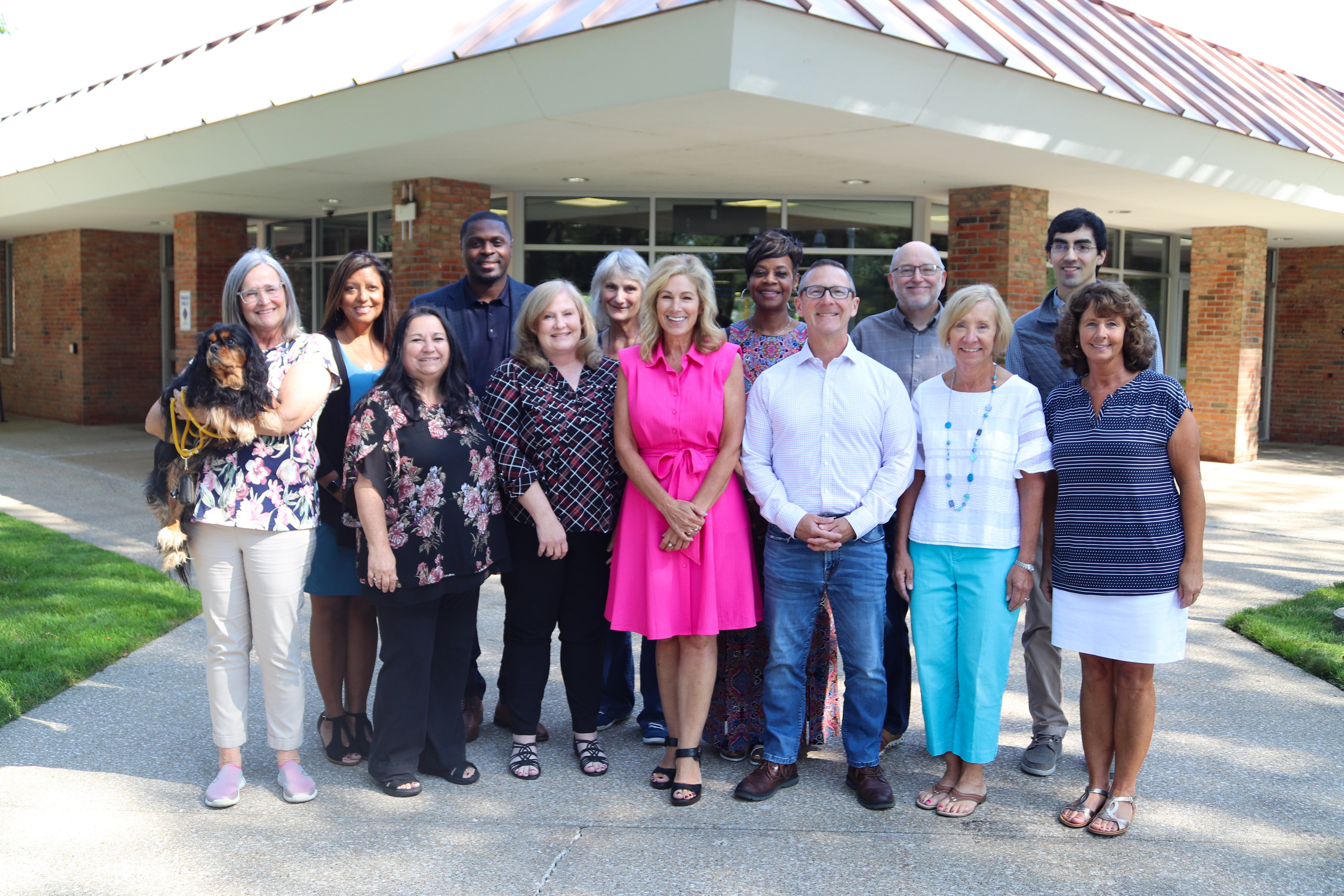
Monday: 8:00 am - 6:30 pm
Tue-Thu: 8:00 am - 5:30 pm
Friday: 8:00 am - 12:00 pm
Overview of Counseling & Advising
The MCC Counseling and Advising Center holistically supports the individual student and the campus community toward personal wellness, balance and growth through short term personal counseling, academic advising and mental health education.
All MCC counselors have graduate degrees in counseling, psychology, or related fields, and are Licensed Professional Counselors through the State of Michigan.
Counselors
Our counselors are committed to promoting the intellectual, emotional, occupational, social, cultural, and professional growth and development of our learning community by helping MCC students identify barriers, improve coping skills and the achievement of personal goals. The Scope of Our Practice serves currently enrolled and prospective students.
Connect with Us
***Disclaimer: When the college closes unexpectedly, please call the office on the next open business day to reschedule your appointment. Thank you. 231.777.0362
Services
Resources
Mental Health Resources
All MCC counselors are Licensed Professional Counselors (LPC) or Limited Licensed Professional Counselors (LLPC).
The MCC Counseling and Advising Center holistically supports MCC students’ mental wellness through short term personal counseling & mental health education.
Schedule an appointment by calling (231) 777-0362.
Counseling Presentations
QPR (Question. Persuade. Refer.) Suicide Prevention: A training to learn the 3 steps anyone can learn to help prevent suicide.
Presenter: Trefny Chelesvig, Counselor
Dates/Times:
December 17, 2024 12:00 pm – 1:00 pm- Room 2033
January 21, 2025- 9:00 am – 10:00 am – Room 2033
January 27, 2025 – 11 am – 12:00 pm – Room 2033
February 3, 2025 – 5:00 pm – 6:00 pm – Room 2033
February 11, 2025 – 2:00 pm – 3:00 pm – Room 2033
February 26, 2025 – 12:00 pm – 1:00 pm – Room 2033
March 13, 2025 – 9:00 am – 10:00 am – Room 2033
March 19, 2025 – 11:00 am – 12:00 pm – Room TBD
March 24, 2025 – 5:00 pm – 6:00 pm – Room TBD
April 14, 2025 – 2:00 pm – 3:00 pm – Room TBD
Location: MCC Main Campus, 221 S. Quarterline Rd. Muskegon, MI.
Department Staff
FAQs



- Talk with an MCC counselor to determine your program of study.
- You can either schedule an appointment or utilize Express Counseling to meet with a counselor.
- Visit the Counseling & Advising page to see hours, schedule an appointment or drop in during Express Counseling.



Advising appointments are scheduled for 30-45 minutes. Express Drop-in sessions are between 10-15 minutes. Some appointments, depending upon the nature, may be scheduled for 60 minutes.



No, counseling and advising services are free for MCC students.



As many times as you need.



Yes! If you are meeting with a counselor for the first time, please bring unofficial transcripts from other colleges you have attended if you have questions about transferring credits to Muskegon Community College or completing a degree at MCC. If you are coming in to register, think about the days and times you would like to go to school. You may also want to look over classes you are interested in taking in the MCC Course Catalog.



Students are allowed to take the Accuplacer test twice. You will need to call to make an appointment to test at the MCC Testing Center: testingcenter@muskegoncc.edu or (231) 777-0394. We recommend you review the questions for the Accuplacer test with Accuplacer’s free study app. If you feel your Accuplacer scores do not reflect your ability, see an academic counselor to discuss your concerns. The counselor will evaluate your request and provide you with retest referral if appropriate.



A counselor in the Counseling and Advising Center can help you begin to make this decision and suggest good courses to take. You can also make an appointment with our Career Services and Transfer Coordinator to help you identify your career interest areas and assist with transfer information.



First, you should talk to your instructor. For additional help, you can talk to a counselor to consider alternatives like tutoring. Also, a counselor can help you access support available to prevent future drops. You can drop a class online through your MyMCC registration button. Make sure you are aware of the reimbursement dates and deadlines as well as financial aid implications before you drop a class!



Our financial aid page is very helpful and will explain what you need to do to apply for financial aid. If you have questions regarding your financial aid, we recommend you speak with a financial aid representative in the MCC Financial Aid Office. The MCC Financial Aid Office is located in room 1040 on our main campus.



Each grade is worth a total number of honor points. Multiply the number of honor points of each grade received by the number of credit hours for that course. Then divide the total number of honor points by the total number of credit hours earned. The following grades do not have honor points and are not factored into your GPA: I = Incomplete W = Student Initiated Drop



College offers classes in the morning, afternoon, and evenings. We also offer online and hybrid courses. You can take whatever course you want during any time of day that works with your schedule if you have the pre-requisite courses needed. You need to be in class for as many hours a week as the amount of contact hours you are registered for. A typical three-credit class will meet twice a week for 90 minutes. (1.5 hours x 2 times a week = 3 hours per week in class.) You should allow 2-3 hours of homework per hour per week that you are in class. (3 credit hours x 2 hours = 6 hours to study for one class.) So, if you are taking 12 credit hours, you will probably need 24-36 hours of study time to be successful in school. It is hard to be successful in school if you work too much or don’t have enough time to study.



Yes! All the counselors in the Counseling and Advising Center are licensed counselors and have experience with personal as well as academic issues. When making an appointment for personal counseling, let the office staff know that you would like a longer appointment time for personal counseling. Everything discussed in personal counseling is confidential. All personal counseling is absolutely free.


